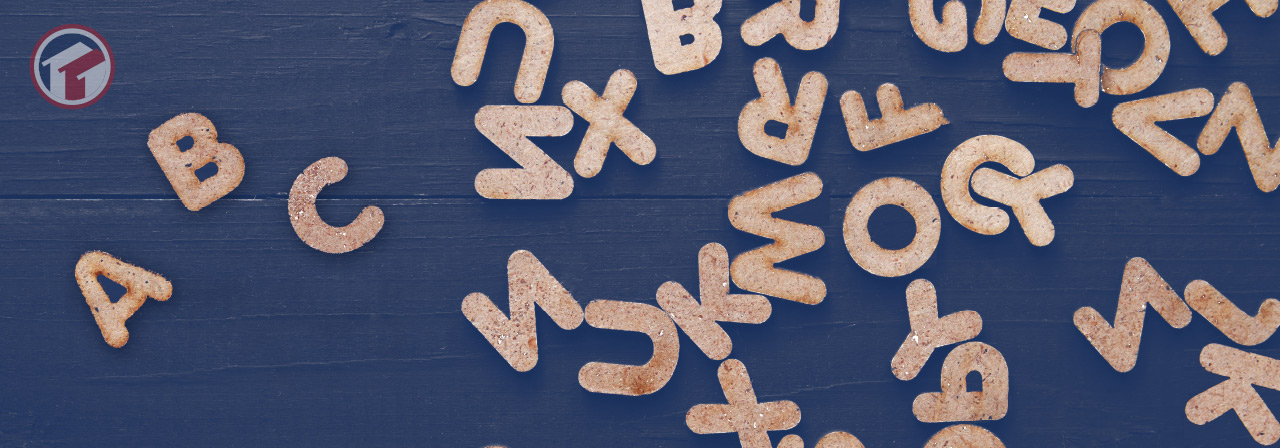Choosing the right loan for you and your family can seem like an arduous decision to make. With a seemingly limitless number of options and potential lenders, sometimes you as the borrower can get lost in the shuffle. Fortunately, Tidewater Mortgage specializes in helping you find the right solution based on your personal needs while keeping your financial interests in mind.
From conventional fixed rate loans to Federal loan programs, we have a mortgage product that will work for you. Our loan officers combined with over 20 years in business will evaluate your home purchase, finances, and personal preferences to pinpoint the perfect product for you. Below, we’ve outlined a number of our most popular loan products.
Fixed Rate Mortgage
Also referred to as conventional mortgages, fixed rate mortgages are exactly that: a constant interest rate. During times where interest rates are low, a fixed rate mortgage seems like a no-brainer and the fixed interest rate will protect you from rising interest rates over time. Fixed rate mortgages also proved a constant principal and interest payment making planning and budgeting for a home much more feasible for many home buyers.
We recommend conventional mortgages to potential buyers who desire regular payments without surprises. If you’re on a fixed income or have a limited income source, fixed rate mortgages are the preferred product. Finally, if you’re looking to stay in your home for many years to come, consider going with a fixed rate mortgage.
Adjustable Rate Mortgage
Just the opposite of fixed rate mortgages are adjustable rate mortgages (ARMs). Unlike their sibling, adjustable rate mortgages will fluctuate over time often after the first several months of their life. ARMs often have lower initial interest rates than fixed rate mortgages which can allow for homebuyers to take advantage of lower mortgage payments or put additional principal towards a loan in its infancy.
Adjustable rate mortgages are recommended for buyers seeking to make lower monthly payments in the beginning or are planning to move within a few years of taking out the loan. ARMs have some inherent risk in that their interest rate will fluctuate throughout the lifetime of the loan.
FHA Loan
FHA loans are products contrived of the National Housing Act of 1934 and are wholly insured by the Federal Government. FHA loans are distributed by private lenders, not the Federal Government itself. FHA loans are generally the most flexible loans in terms of financial requirements and payment options. This flexibility makes FHA loans highly attractive to first time homebuyers.
FHA loans are recommended for homebuyers with limited funds for down payments or closing costs or who have less-than-perfect credit. These attractive attributes give the FHA loan a nod in our book, but be aware that FHA loans can take much longer to approve and process than conventional privately-backed loans. If you plan on going the FHA route, start early!
VA Loan
Another extremely popular Federal loan is the VA loan. Similar to FHA but for Veterans, their immediate families, and survivors only, the VA loan is guaranteed by the U.S. Department of Veteran Affairs. Also like FHA loans, VA loans have a low barrier to entry in that no down payment is required, income requirements are flexible, and no mortgage insurance is required.
VA loans, as the name suggests, is available for only active military members, veterans, and their families. We highly recommend this loan route for any qualifying family.
USDA Rural Loan
USDA loans are another Government-backed product available from the United States Department of Agriculture. Generally speaking, USDA loans are available to homebuyers who live in rural or agricultural areas and meet income requirements for their county of purchase. These loans require no down payment which means you may finance 100% of the property value.
USDA loans are perfect for people in rural areas with limited assets for down payment or closing costs. If you think that your area is too urbanized, you may find that the USDA’s guidelines for rural and agricultural areas might not be as strict as they may appear. In addition to no down payment, USDA loans offer reduced monthly guarantee payments as well as closing cost assistance.
Jumbo loans are just as they sound: large. Jumbo loans kick in where mortgage loans exceed the conforming loan limit set by Freddie Mac and Fannie Mae at $417,000. We recommend jumbos for anyone seeking to finance large, single-family homes.
State Specific Bond
State specific bonds (SSBs), also known as First Time Homebuyer Programs, are state-sponsored products designed for first time homebuyers with limited assets for their first home purchase. SSBs give potential buyers the luxury of little to no money down, flexible credit and debt guidelines, and the potential for forgivable state grants.
SSBs are great for any first time buyer, as the name entails, and is highly recommended for buyers in areas where local or community home buying assistance is available. The low or nonexistent down payment requirements can help make home buying simpler.
Rehabilitation and Renovation Loans
Rehabilitation and renovation (R&R) loans are focused on buying a “fixer upper” where either significant work needs to be done or a home is purchased in a state of disrepair. R&R loans allow borrowers to take out the money needed to make repairs with the loan itself instead of for the property’s appraised value only.
If you plan on purchasing a home and putting significant work into it, then this is your type of loan. R&R loans such as FHA 203K, and HomeStyle will allow you to take out more than the property’s value in the home in order to make those needed repairs.
Reverse Mortgage
The Department of Housing and Urban Development’s Reverse mortgage program is called a HECM, which stands for Home Equity Conversation Mortgage and is a federally insured loan allowing homeowners over the age of 62 to access a portion of the equity in their homes. The homeowner always retains title to their homes and never owes more than the home is worth.
Equity can sometimes be turned into tax free cash, a monthly revenue stream, or a cash credit line. The equity can also be used to purchase a new home and comes with no monthly payment, though homeowners are responsible for taxes, insurance and the general upkeep of their homes.
Reverse mortgages are used for senior citizens seeking to eliminate monthly payments, debts, or to put money towards medical needs. They can also be used to simply generate a monthly revenue stream for spending, as a financial planning tool for the future.
Talk with one of Tidewater Mortgage Services Loan Officers for more information on any and all of these loan products!


